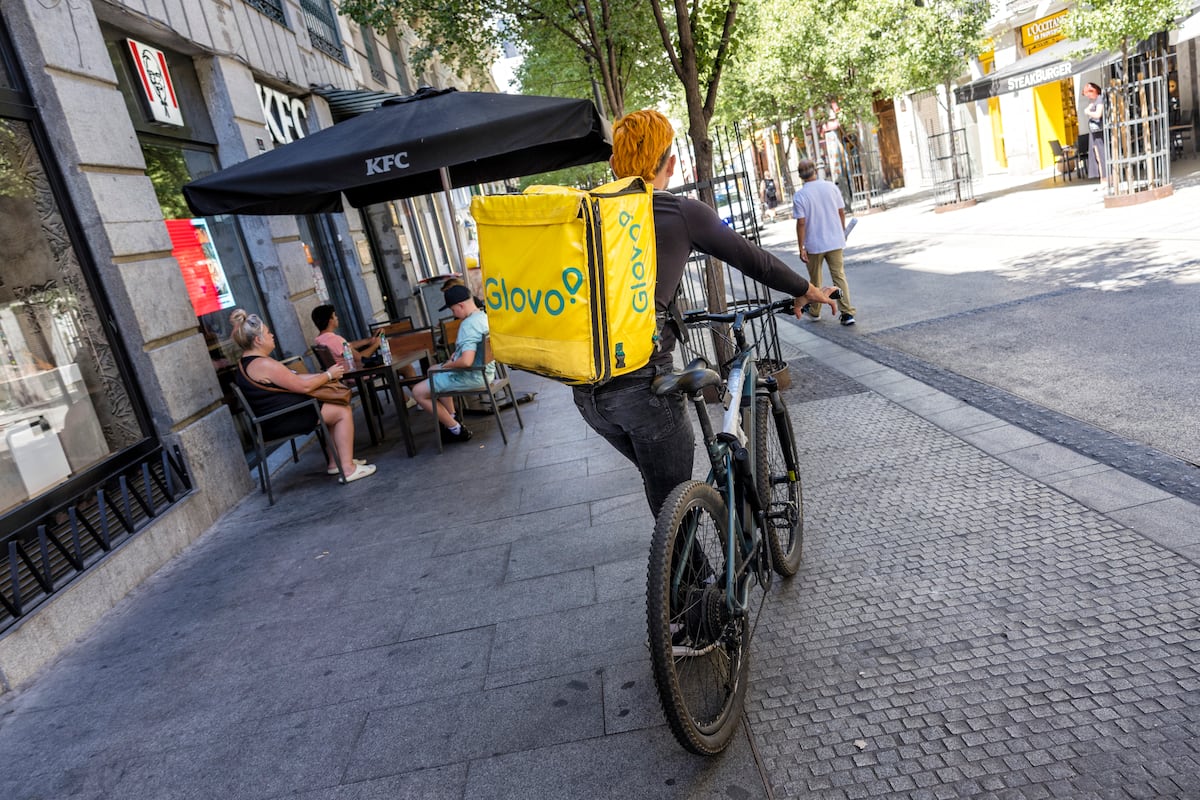We are looking for an independent senior editor
Spain Champions Global 'Rider Law' to Regulate Platform Employment
In 2021, Spain enacted the 'Rider Law', a pioneering regulation aimed at safeguarding the rights of delivery workers affiliated with digital platforms like Glovo. Following this, the European Union introduced a similar directive last year, with Spain's government being a staunch advocate, pushing for regulations that transcend the delivery sector. This week, Spain's Ministry of Labor is aiming to advance these efforts within the framework of the International Labor Organization (ILO), advocating for a convention that would apply globally to countries that ratify it, defining what constitutes a platform and an employee in this context. Such conventions often surpass national labor laws in ambition and can be leveraged by workers in legal proceedings.
The draft under negotiation, accessed by EL PAÍS, outlines that digital platform workers are "any person employed or contracted to work" under conditions such as providing services organized by a digital work platform, in exchange for remuneration, regardless of their employment classification or status. This approach stands in opposition to countries more aligned with digital platforms, which have traditionally resisted formalizing relationships with their employees.
The draft expands on the definition of a "digital work platform" as a legal or physical entity using digital technology and automated decision-making systems to organize and/or facilitate work by individuals for remuneration, in response to service requests, regardless of whether the work is performed online or at a specific geographical location.
The document also clarifies the role of intermediaries, given the commonality of subcontracting in the sector, and addresses remuneration, indicating it as "the amount owed, under national legislation, collective agreements, or contractual obligations, to a digital platform worker, based on their employment classification or status, in exchange for work performed." It further specifies that "remuneration does not include compensation for expenses or other costs incurred by digital platform workers in performing their work."
Ministry sources emphasize that these provisions represent "substantial progress, considering the challenging prior negotiations to reach this stage." This sentiment was echoed by Spain's Vice President and Minister of Labor, Yolanda Díaz, at a press conference, stating, "The Secretary of State and I will be participating this afternoon in one of the most significant ILO assemblies, where a major contemporary challenge is being debated: regulations governing work on digital platforms."
Within the ILO negotiations, there are two distinctly defined blocs: one led by the European Union, with Spain and Italy advocating for more progressive policies, and the other, a more conservative faction including countries such as China, the United States, Switzerland, Norway, Turkey, Japan, and India.















LEAVE A COMMENT